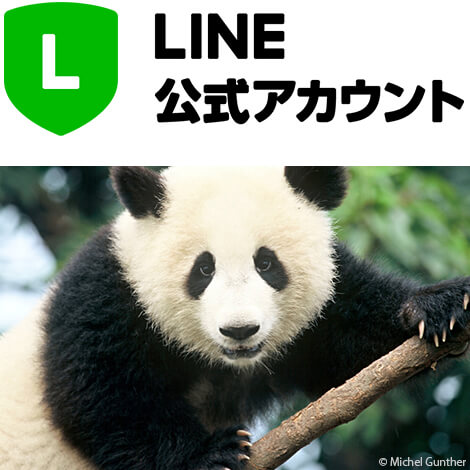Japanese Top 500 companies rated by sector for their efforts and impact in reducing emissions - and the results are surprising!
2016/04/12

WWF-Japan has been doing revealing research evaluating the climate efforts of Japan's top 500 companies - by sector - based solely on the information available from published company reports as well as websites and measuring the effectiveness of their climate actions.
So far, reports for two sectors have already been published, for the electrical and automotive sectors; and the third, for the food sector, is published today (12 April 2016).
What makes this research unique is not only are there 21 common indicators for all the companies, but also the effectiveness of their climate actions are measured. The common indicators fall into two broad categories - 1) targets & performance and 2) information disclosure. The effectiveness measures are especially guided by seven key indicators:
- Long-term vision
- Unit of emissions reduction target (Scope 1&2)
- Energy efficiency target (Scope 1&2)
- Renewable energy target
- Annual greenhouse gas reduction rate of Scope 1&2 absolute target
- Measurement and disclosure of life-cycle emissions
- Third-party evaluation
The research is important because it is necessary for the corporate sector to step up their strategic efforts to reduce greenhouse gas emissions if the landmark global climate Paris Agreement commitments are to be met. In addition to the conventional incremental approach, companies must now also have a science-based long-term perspective and set a consistent target. Under a clear long-term vision, a company must make life-cycle climate efforts including the Scope 1&2, Scope 3 as well as "avoided emission."
There are 25 Food Sector companies in Japan's Top 500 companies and of these, one has not issued an environmental report in 2015 (the year the research is focused on). So in all, 24 companies were reviewed for the Food Sector report and one - Kirin, a global company manufacturing beverages and pharmaceutical products - outpaced Japan Tobacco (70.4) and Ajinomoto (63) significantly, scoring 80 out a possible 100 points in the WWF evaluation.
Top 3 companies with T-score more than 60
| Rank | Company name | Total scores | ||
|---|---|---|---|---|
| Target & performance |
Information Disclosure | |||
| 1 | Kirin Holdings | 80.0 | 32.8 | 47.2 |
| 2 | Japan Tobacco | 70.4 | 27.3 | 43.1 |
| 3 | Ajinomoto | 63.0 | 26.6 | 36.5 |
Significantly, Kirin scored full marks for four of the seven key indicators.
Businesses are critical stakeholders for the widespread deployment of renewable energy sources and in the evaluation, Ajinomoto - a food and chemical giant - was the only company which had a quantitative target for renewable energy use. Considering the three sectors already evaluated covering 96 companies in total, it was found that seven companies had renewable energy targets while 50 had disclosed quantitative data for renewable energy use, proving that renewable energy sources are fast becoming important as climate actions in Japan.
The report shows that the food industry is making life-cycle climate efforts including the Scope 3 emissions - reflecting findings from the first two sector reports. The Kirin group, for example, has a cooperative distribution system with Asahi Breweries, Sapporo Breweries and Suntory Group to reduce emissions from the transport processes. Kagome, a food and beverage company is also making similar efforts.
While competing with each other in the area of main businesses, these companies are working together to reduce environmental footprint in other areas. This kind of positive stance can be highly valued.
Read the report: Corporate Rankings for Effective Efforts to Address Climate & Energy Issues Vol 3 Food Industry (in Japanese)
Yosuke Ikehara is WWF-Japan's climate & energy project leader, based in Tokyo. Ikehara@wwf.or.jp.







